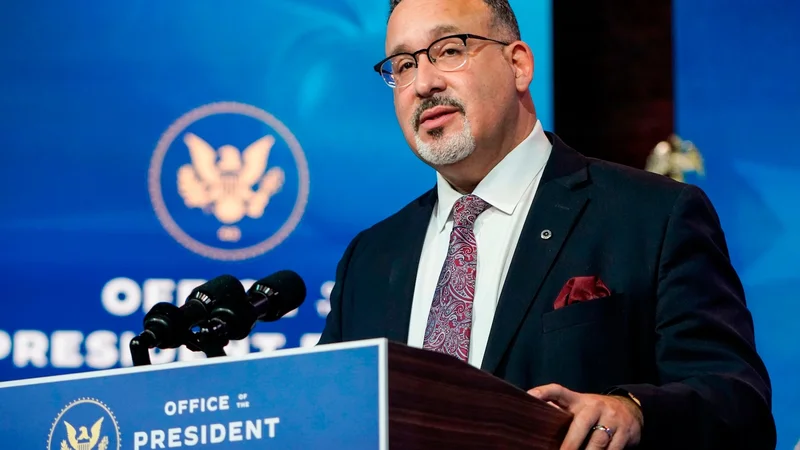Binance Pulse | BNB Price Trends
Binance Pulse | BNB Price Trends
Okay, folks, buckle up. Because what looks like just another set of Trump-era cuts to student loans is actually… wait for it… a potential catalyst for the most radical shift in higher education we’ve seen in a generation. I know, I know, the headlines are all doom and gloom. "Middle-class students priced out!" "Universities in crisis!" But let's dig deeper, shall we? Because sometimes, the most disruptive changes come disguised as disasters.
The headlines paint a bleak picture: The Graduate PLUS Loan Program, gone. Borrowing caps, slashed. Repayment options, streamlined (read: limited). The official line is that it’s about simplifying the system, aligning education with workforce needs. But come on, we all know there's more to it than that. This feels more like a controlled demolition of the existing higher education model. Graduate Students Face Major Shake-Up as Trump Ends PLUS Loan Program
Think about it. For decades, we've been funneling students into a system drowning in debt, chasing degrees that don't always translate into real-world skills. Universities have become bloated, tuition has skyrocketed, and the value proposition has steadily eroded. Is it any wonder that so many graduates are struggling to repay their loans?
Now, I'm not saying that cutting funding is the answer. But what if this is the shock that the system needs? What if it forces universities to become more efficient, more innovative, and more responsive to the needs of students and employers?
Here’s the thing: necessity is the mother of invention. Universities are already scrambling, looking for partnerships with private lenders. But what if they started thinking really outside the box? What if they started offering more flexible, affordable, and skills-based programs? What if they started focusing on outcomes, not just credentials?
This is the kind of breakthrough that reminds me why I got into this field in the first place.
We could see a surge in alternative education models: online learning, bootcamps, apprenticeships. Imagine a world where students can build a customized education path, combining online courses with real-world experience, all without racking up mountains of debt. It sounds like a pipe dream, I know, but this is what disruption looks like. It’s messy, it’s painful, but it can also be incredibly liberating.

Of course, there are risks. The biggest is that this could exacerbate existing inequalities, creating a two-tiered system where only the wealthy can afford a traditional education. And that’s why it’s crucial that we don’t just cut funding and walk away. We need to invest in programs that support low-income students, provide access to alternative education pathways, and ensure that everyone has the opportunity to succeed.
This reminds me of the invention of the printing press. Initially, it was seen as a threat to the established order, a way for dangerous ideas to spread. But ultimately, it democratized knowledge and empowered individuals in ways that were unimaginable before. Could these cuts be the printing press moment for education?
There is a risk that this approach could harm vulnerable demographics. We need to ensure we are being mindful of the ethical implications of these changes.
And what about the students who are already saddled with debt? Well, the Education Department says current borrowers will retain their existing loan terms. But for new borrowers, it's a whole new ballgame. Advocacy groups are urging students to explore scholarships, work-study, and income-based repayment plans. It's not ideal, but it's a start.
The American Federation of Teachers reached a deal with the Trump administration to resume processing student loan forgiveness applications, which is definitely a step in the right direction. But even with these measures, it's clear that the landscape of higher education is changing, and students need to be prepared.
Here's something I saw on a Reddit thread, and it's pretty insightful: "This could be the kick in the pants universities need to actually focus on student outcomes instead of just raking in tuition dollars." Exactly!
So, is this the end of higher education as we know it? Maybe. But maybe it’s also the beginning of something new, something better. A more affordable, more accessible, more relevant education system that empowers individuals and drives innovation. The speed of this is just staggering—it means the gap between today and tomorrow is closing faster than we can even comprehend.